Sujet Anglais LV2 IENA 2010
TAKE A BREATHER
Parents of high school seniors across the country have hired me as an admissions consultant. They want assurances that their children will be attending top colleges a year from now.
Again and again, I say: « I hope not. »
To their surprise, I explain that I’d rather see most of these young men and women far from a campus for a while. I urge them to bus tables in a restaurant, apprentice for an architect or pull weeds on a community farm. In their free time, I add, they should devour a stack of great books.
During nearly four decades as a high school guidance counselor, I had generally recommended a « gap year » only to students who needed to mature. But in this wheezing economy, when jobs are precious and even state colleges are increasingly expensive, I have become a believer in the educational and financial benefits of taking a breather. I’ve watched too many students get caught up in the admissions arms race and spend their high school years preening for colleges. […] Yet they don’t slow down to reflect on who they are and who they want to become. Soon after plunging into their dream engineering or pre-med program, many realize that they aren’t cut out to be engineers, doctors and the like. […]Pausing for 12 months also gives a family a chance to make a realistic budget.
The average student-loan debt among graduating college seniors last year was nearly $23,200; I’ve met plenty of middle-class youngsters who are shackled by $70,000 or more in debt before they even begin graduate school.[…]
American colleges need to encourage gappers. Reed College, a liberal arts school in Portland, Ore., allows admitted students to defer entrance for a year, after submitting a plan for their activities that year, and nearly 7 percent take up the offer. The son of Reed President Colin Diver took a year to learn carpentry. H. Keith H. Brodie, a psychiatrist and president emeritus of Duke University, told me recently that he believes freshmen who delay college for a year tend to be more altruistic and empathetic because brain development continues into late adolescence. He advocates gapping so long as students have a mentor, a plan for intellectual growth and a commitment to do public service.
There is a bonus for colleges and students in making the gap year widespread: It will ease the stress of the admissions process. […]
By Gwyeth T. Smith Jr. Saturday, November 7,2009
The Washington Post
(410 mots environ)
I. VERSION (sur 20 points)
Traduire à partir de » During nearly four decades… » jusqu’à « …a realistic budget »
II. QUESTIONS (sur 40 points)
1. Question de compréhension du texte :
What advice is given to US students and why?
(150 mots + ou – 10%* ; sur 20 points)
2. Question d’expression personnelle :
Do you think that the principle of accessible higher education for all is under threat today ? Give examples.
(250 mots + ou -10% * ; sur 20 points)
* Le non-respect de ces normes sera sanctionné. Indiquer le nombre de mots utilisés.
III. THÈME (sur 20 points)
1. Les pays émergents doivent eux aussi se soucier de la disparition des ressources naturelles.
2. Il avait changé d’avis au dernier moment, si bien que tous avaient dû l’attendre.
3. Cela doit faire presque 20 ans qu’il n’est pas retourné dans son pays.
4. Il m’a dit qu’ils se marieront dès qu’il aura obtenu son titre de séjour.
5. Plus la crise s’aggrave, plus les nations se méfient les unes des autres.
6. Michael Jackson a-t-il vendu autant de disques que le prétendent ses admirateurs ?
7. Trouver des aliments bio bon marché n’est pas toujours le plus facile !
8. Les immigrés rencontrent de plus en plus d’obstacles dans leur course vers l’Occident.
9. Les grands États de la planète doivent se réunir dans un mois.
10. En quoi le changement climatique va-t-il perturber la vie des insulaires ?





























